- Academic Life
-
YOU ARE
- Community member
- Future Student
- Student
- Professor
- Alumni
- Media
- Guidance counsellors
- INRS retiree
- Contact Us
- Newsroom
- Careers
- FR
-
Studies
We teach the next generation of researchers to develop scientific, social, and technological innovations.
-
Research
We find solutions through interdisciplinary research and industry or public and community partnerships.
-
INRS
We play an active role in Québec's economic, social, and cultural development.
A unique event for sharing knowledge, practices, and outcomes in wellness and healing.
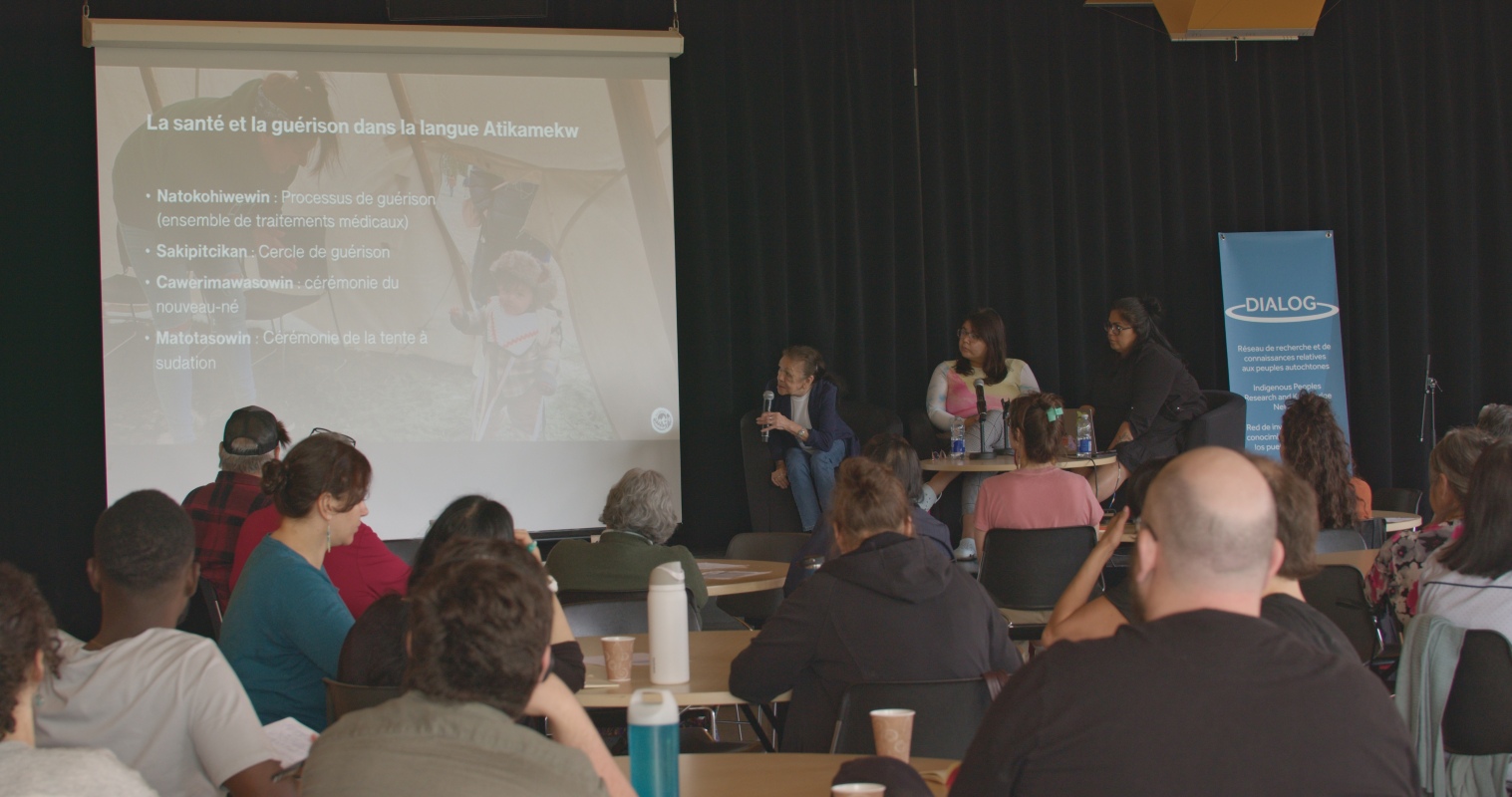
Photo : Réseau DIALOG
Nearly 70 participants gathered at the First Peoples Pavilion on the Val-d’Or campus of the Université du Québec en Abitibi-Témiscamingue (UQAT) from June 15 to 20 for the 20th annual Nomadic University held under the theme “Indigenous Health and Well-being: Knowledge, Practices, and Healing.”
The event—organized by the DIALOG Network in collaboration with the Institut national de la recherche scientifique (INRS) and UQAT—brought together Elders, knowledge holders, artists, and artisans from various Nations and communities, along with students and researchers from a number of universities.
With its interactive and participatory format, the Nomadic University fosters mutual learning around major societal issues. This year’s discussions focused on topics such as health care, cultural safety, education, art, and healing. These conversations were led by Professor Carole Lévesque (INRS), joined by Professors Ioana Radu and Sébastien Brodeur-Girard (UQAT), both members of the INRS-UQAT Joint Research Unit in Indigenous Studies.
The Nomadic University: a unique learning model
The Nomadic University is an interactive and participatory training program designed to promote knowledge sharing between academic and Indigenous communities and foster harmonious relationships between Indigenous Peoples and Québec society. Since its inception in 2007, it has welcomed over 1,650 participants—nearly half from Indigenous Nations.
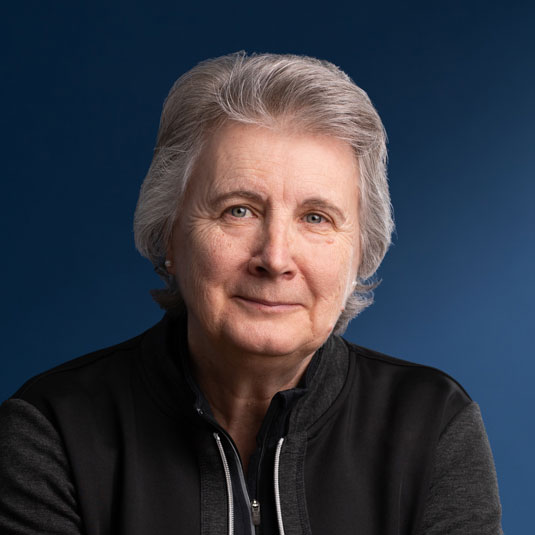
“For nearly 20 years, the Nomadic University has been one of DIALOG’s key knowledge initiatives, promoting the expression and sharing of knowledge and expertise between academic and Indigenous communities. This 20th meeting has highlighted just how rich and engaging relationships have grown between researchers and a wide variety of Indigenous organizations .”
Carole Lévesque, Professor at INRS and Director of the DIALOG Network
The activities are part of UQAT’s course “Indigenous Peoples in Québec: Exploring Knowledge and Cultures” and INRS’s course “Research Practices and Public Action in Indigenous Settings.”
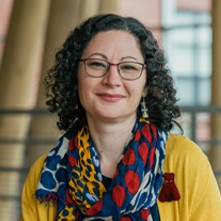
“The Nomadic University is a vibrant learning space where Indigenous voices are front and centre. It’s a transformative human and intellectual experience that reshapes how we think and conduct research. It offers students at all levels the opportunity to engage with Indigenous intellectuals, professionals, and leaders, deepening their understanding of current Indigenous issues.”
Ioana Radu, Professor at UQAT’s School of Indigenous Studies and Director of the Master’s and Doctoral Programs in Indigenous Studies
A time of sharing knowledge and experience
One of the highlights this year was the launch of the book Bibiane Courtois Kanatukuhitshesht. The One Who Heals, attended by Ms. Courtois herself—a pioneer in cultural safety in Quebec—and the book’s author, Professor Bernard Roy (Université Laval). The book was published in 2024 by Les Presses de l’Université Laval in collaboration with the DIALOG Network.
Throughout her career, Ms. Courtois, a member of the Pekuakamiulnuatsh First Nation and a nurse by profession, has worked to build bridges between Indigenous communities and Québec society—not only in health care but across many areas of advocacy and rights. She was the first First Nations member to receive the Medal of Merit of Québec’s Ordre des infirmières et infirmiers in 1998.
The event also featured a teueikan (ceremonial drum) performance by Innu Elder Charles-Api Bellefleur from Pakua Shipi. The week concluded with a presentation by Eeyou artist Tim Whiskeychan, who spoke about art as a tool for promoting well-being.
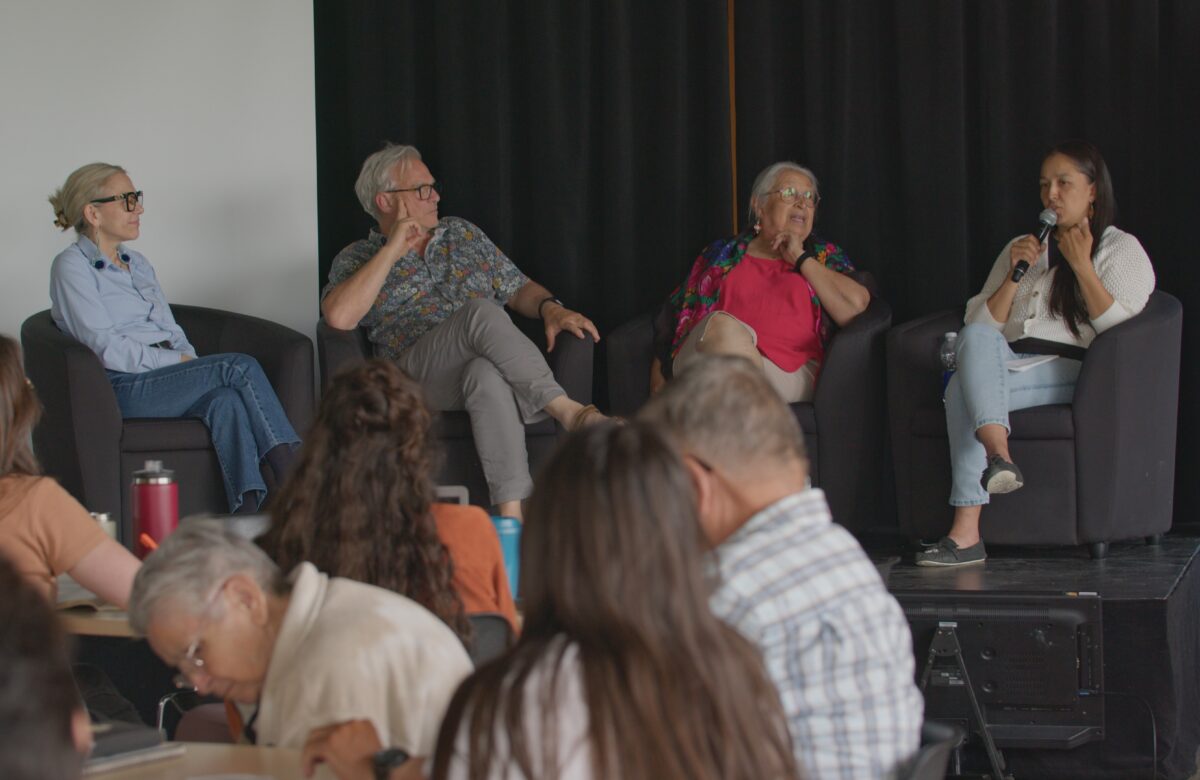
Photos : Réseau DIALOG. De gauche à droite : Nadine Vollant; Bernard Roy; Bibiane Courtois; Mélanie Courtois.
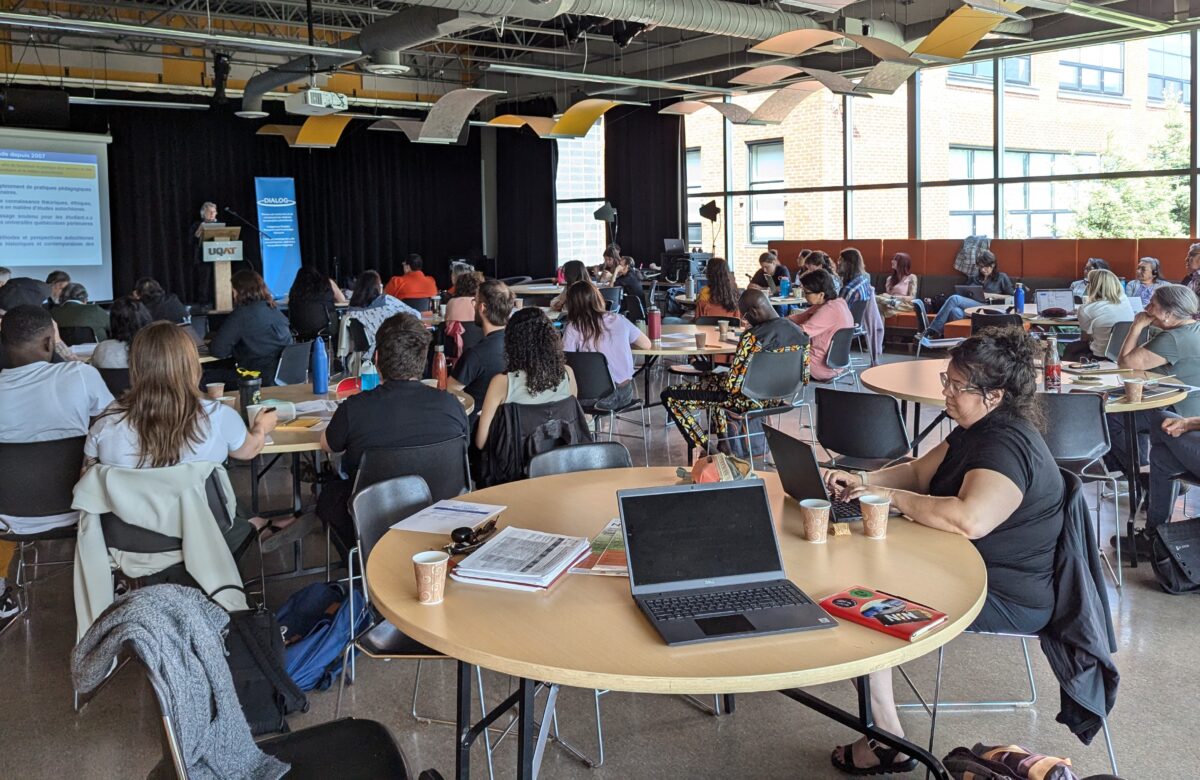
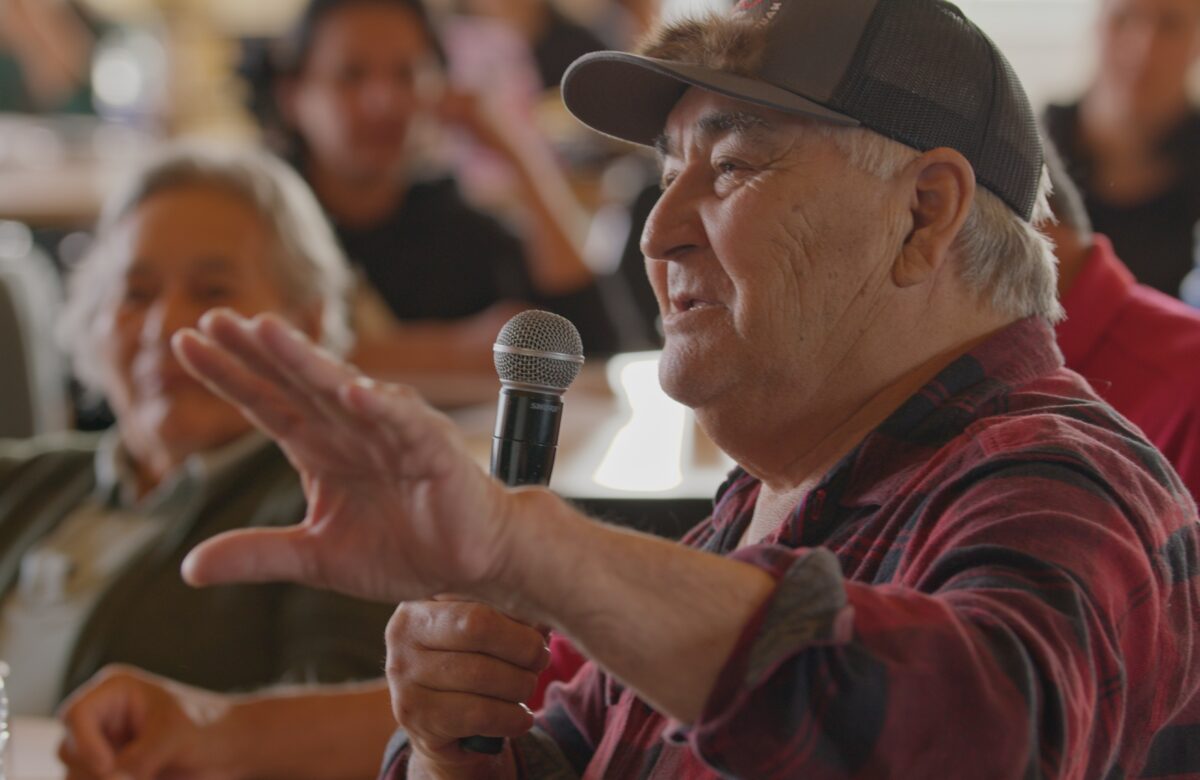
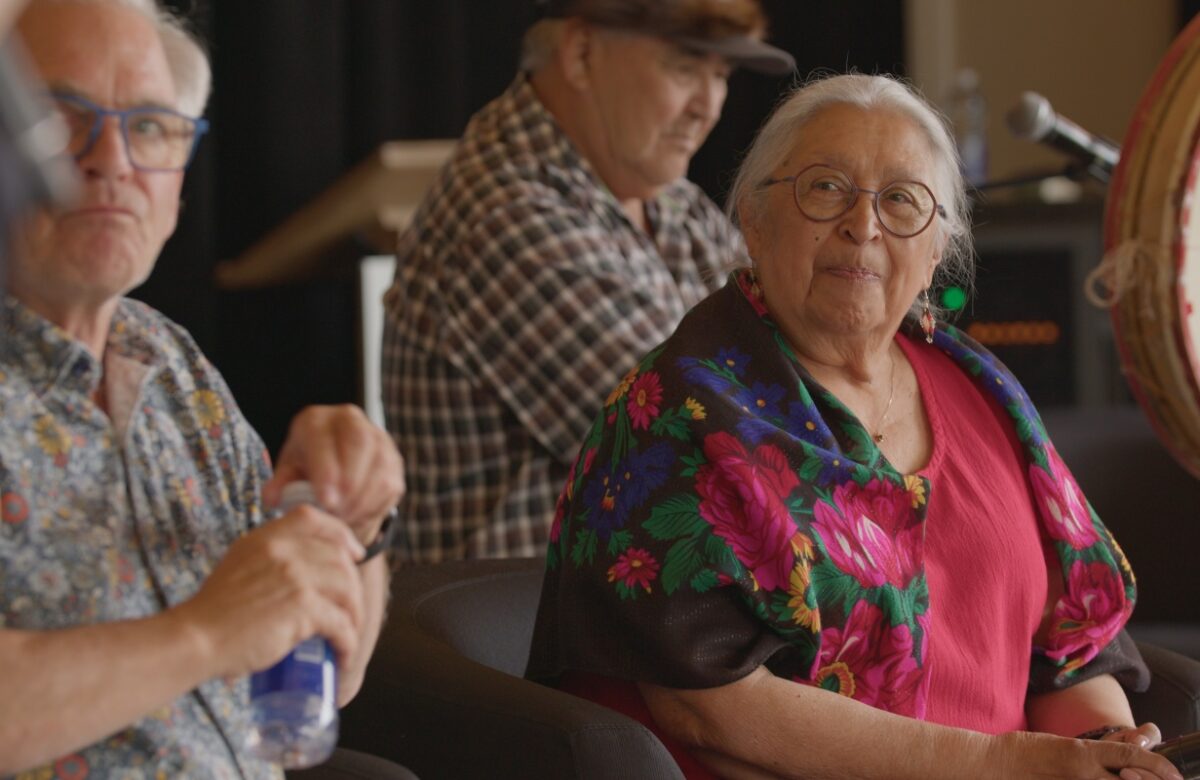
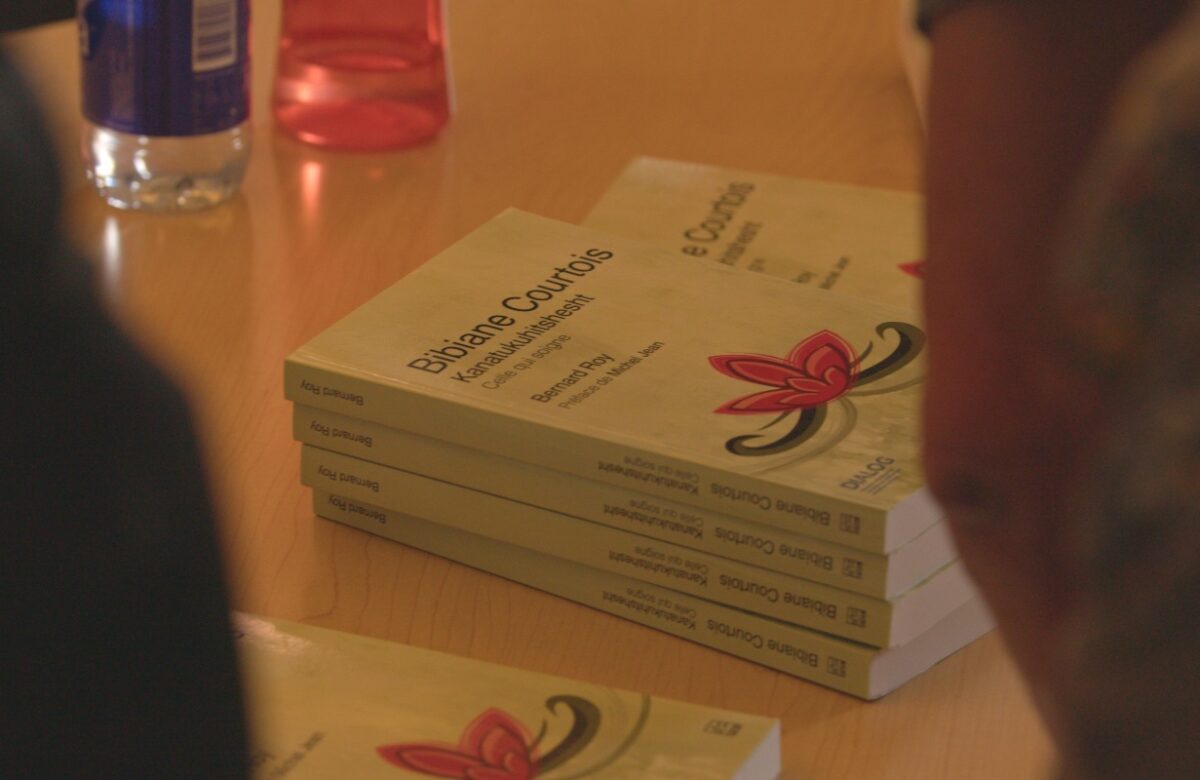
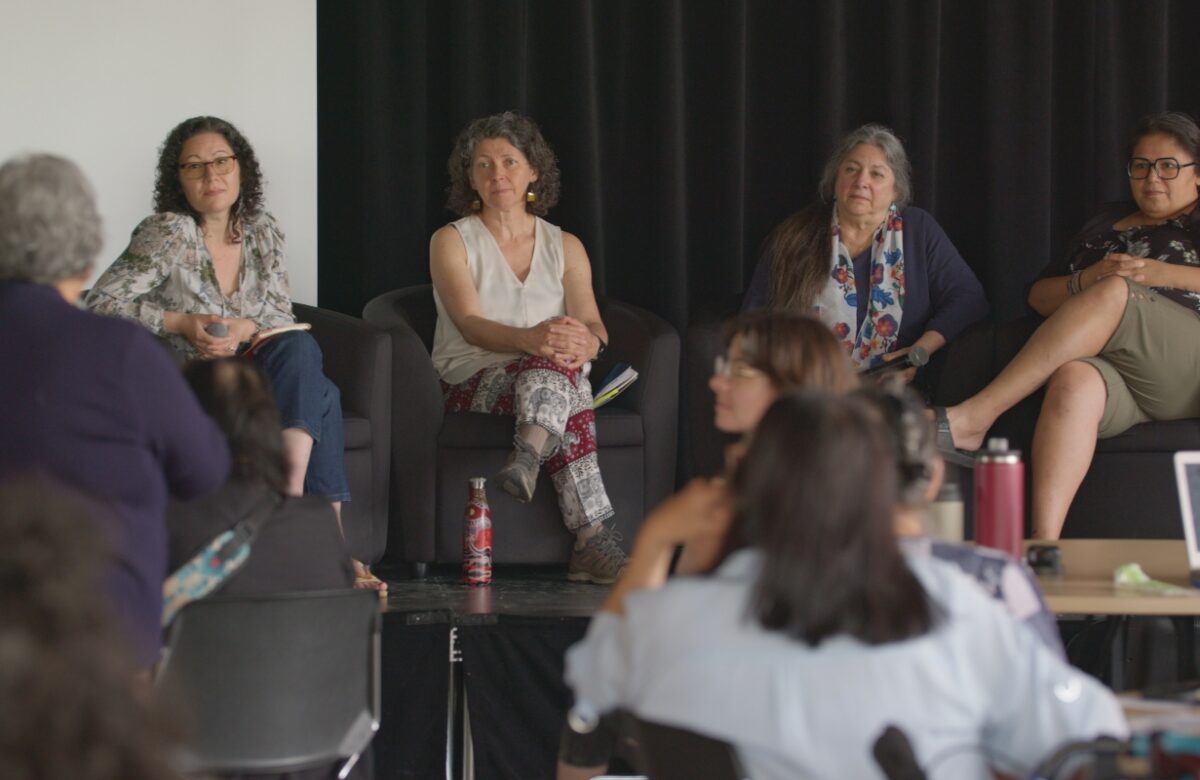
You may also like
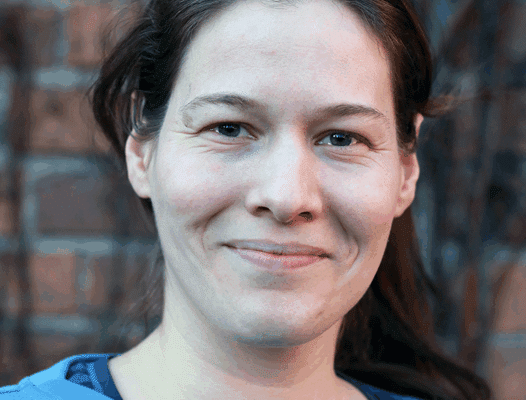
June 30, 2025
Márta Radó
June 30, 2025
For the well-being of all children
June 30, 2025
Regional Disparities in Access to EducationShare
